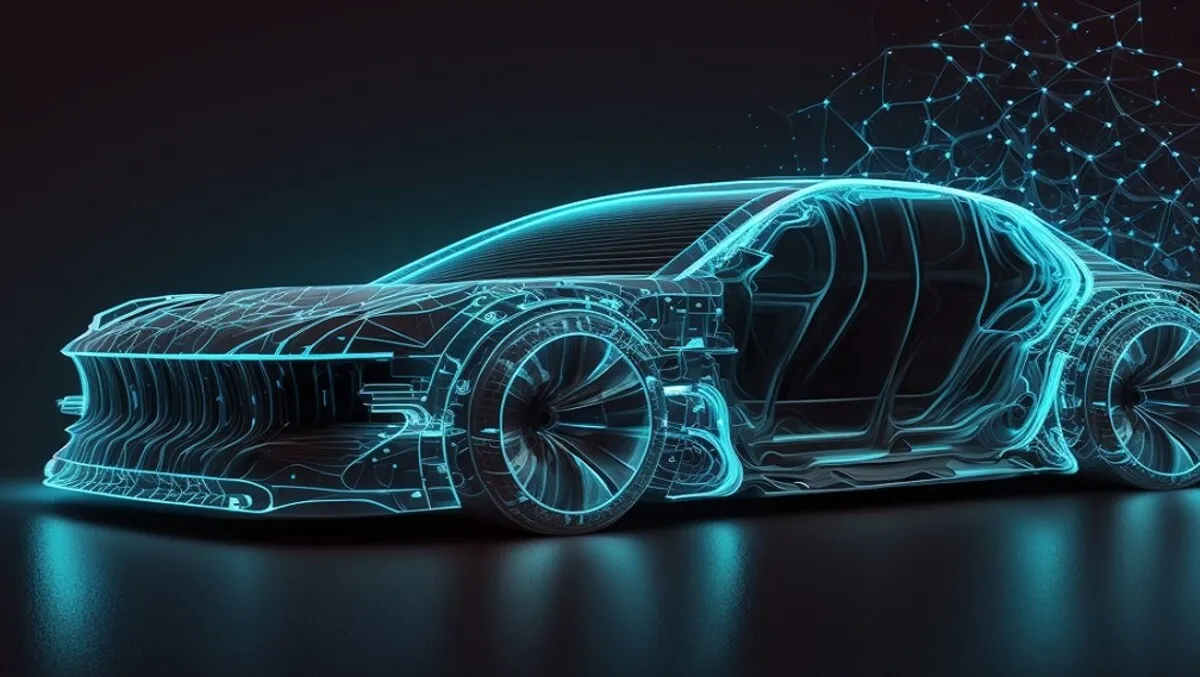
Blockchain's Profound Impact on Automotive Industry
The automotive sector is one of the driving forces of the global economy. Blockchain proves to be a powerful technology that can drive forward the automotive industry. Today's vehicles are not seen as just a mode of transport. With outstanding innovations like autonomous cars and electric vehicles, travelling has become more convenient and easier.
Automotive blockchain is a decentralized database that is used to keep track of automobile-related data. The modern vehicles move data centers with onboard sensors and computers that capture information about the vehicle. Automobile-related data stored in a blockchain is authentic and cannot be disrupted by the system users. The blocks that are used to keep records of the data are linked to each other by means of cryptography principles. This is helpful in protecting the data against leaks and manipulations, which makes the data safer, securer, and better accessible to its customers. Public blockchain balance sheets are primarily managed autonomously and are used in peer-to-peer networks for data exchange between associated parties.
In addition, automotive blockchain brings an array of benefits to the local transport system. It allows transactions to be made using the digital currency Bitcoin. Blockchain technology facilitates ride-sharing, helps lower costs, and mitigates risk by introducing new business models in transport systems. It reduces the operational cost in the automotive industry, as it eliminates the need for a dedicated person or third parties to keep a record of all the processes, sales, insurance and warranty claims, etc. This technological innovation boosts new ways to boost collaboration between stakeholders like governments, infrastructure owners, commuters, local and national authorities, etc., involved in the transportation systems.
Moreover, blockchain-powered solutions are helpful in car reselling, as they provide second-hand car buyers with all the necessary information regarding the maintenance, quality test, patterns of defects, etc., of the car. They can also help unlock the full potential of other advanced technologies like 3D printing, augmented reality, artificial intelligence, and IoT, thereby delivering significant value for industrial companies.
According to a report published by Allied Market Research, the global automotive blockchain market size is anticipated to reach $5.6 billion, with a considerable CAGR from 2021 to 2030. Europe is currently dominating the market with the highest market share and is expected to witness the fastest growth rate during the forecast period. All the major automotive companies, including BMW, Audi, Toyota, Tesla, and others, use blockchain.
However, the outbreak of the COVID-19 pandemic had a negative impact on the growth of the global automotive blockchain market. There was a sharp decline in sales and production of vehicles, owing to the implementation of the stringent lockdown, travel restrictions, and social distancing norms worldwide.
Nevertheless, the rapidly growing need for transparency and immutability in the automotive ecosystem is playing a significant role in the growth of the global automotive blockchain market. Various other factors, such as reduced operational cost, protection against data leaks & manipulations, higher adoption for better payments, usage-based insurance, and transportation & logistics, are boosting the growth of the market to a great extent.
With this drift on board, numerous automotive businesses operating across the globe have made innovations and developments in the field of automotive blockchain, thereby augmenting the market's growth even more. The market players have understood the importance of blockchain adoption for the improvement of transportation, thereby focusing on offering a variety of services to vehicle users.
For instance, Cruise LLC has planned to use blockchain to collect data from automobile sensors and develop a reliable map for autonomous vehicles. The BMW Group, at the same time, has used blockchain to ensure components' traceability and the collection of raw materials in the international supply chain process. Renault has opted to use blockchain technology for its supply chain needs. Similarly, with the help of blockchain technology, Marelli Automotive Lighting has boosted the automotive supply chain management.
Furthermore, several startups such as Xain, NXM Labs, and others have gained experience in the field of automotive blockchain, thus surging the automotive blockchain market trends across the globe. Though blockchain technology in the automotive industry is still not very popular as per the current demand, it has the potential to make it possible for the automotive industry to leap forward into the new era of smart vehicles. Here, it is worth mentioning that the global automotive blockchain market has a huge scope to gather immense growth in the years to come.

